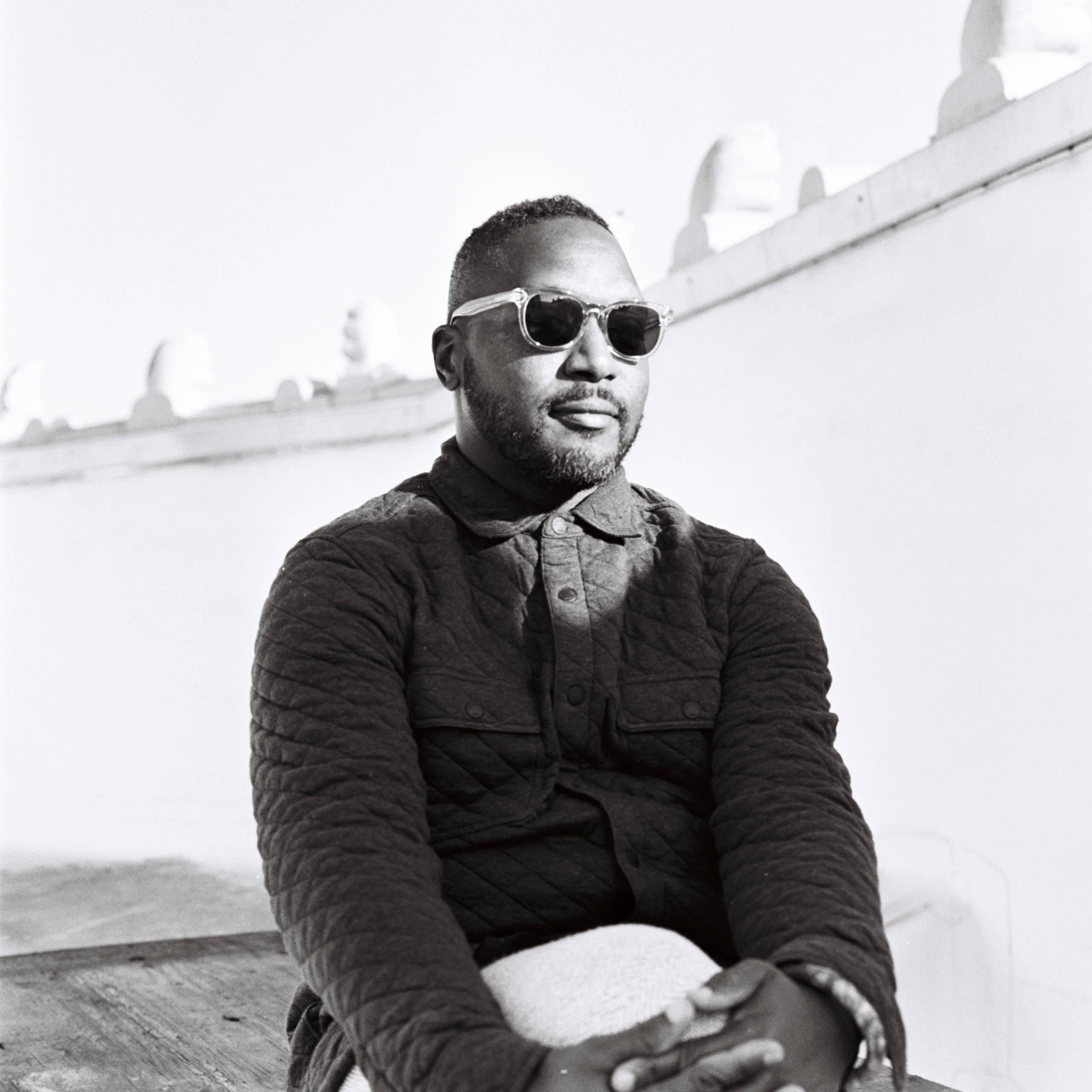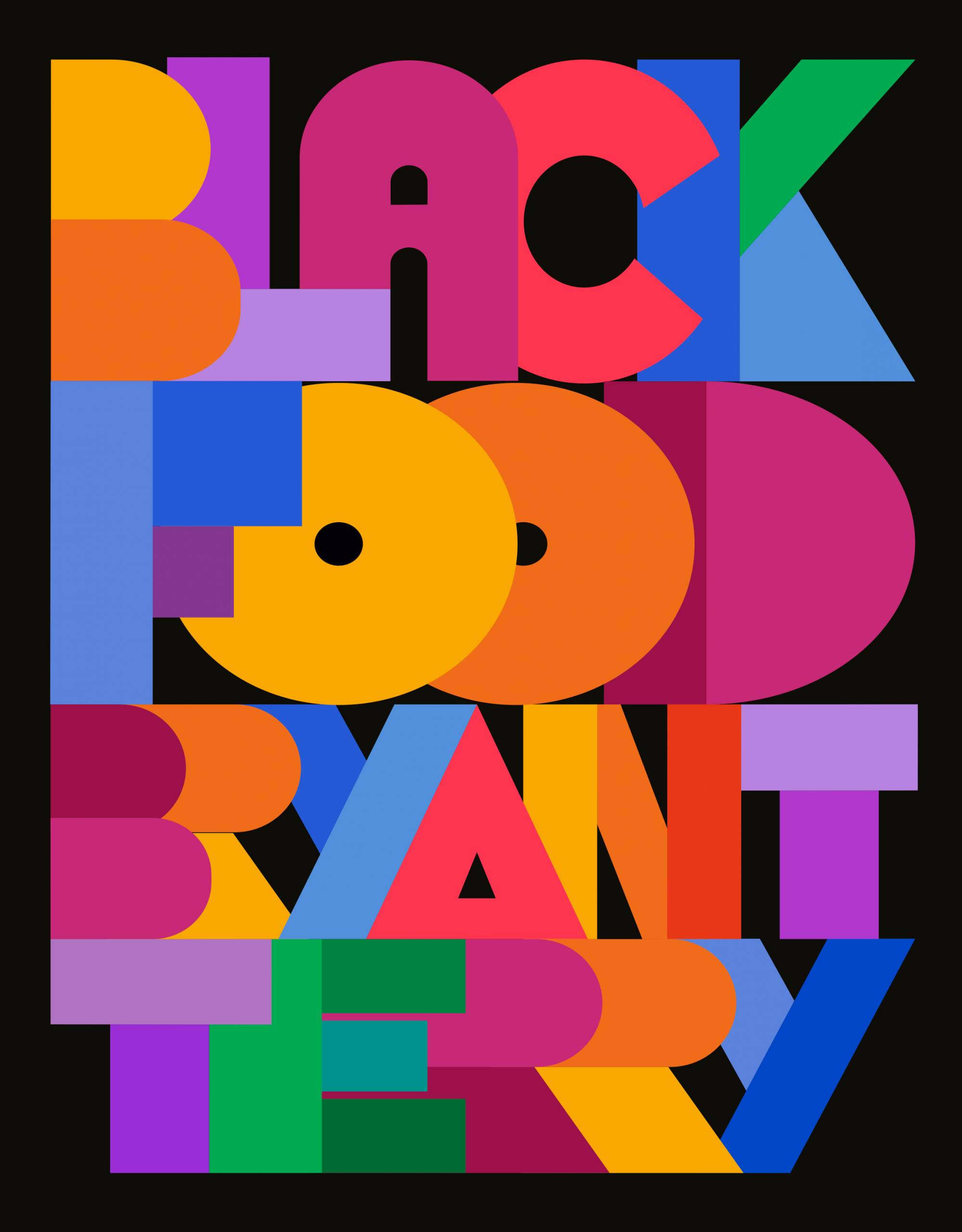We’re practicing it already. We’re getting pitches weekly from individuals who just email us directly, and we have people that we’ve been keeping our eye on for years who have a great story and whatever kinds of accolades and pedigrees. But they haven’t written a book. They don’t know anything about publishing.
I just feel like it’s one thing to talk about BIPOC folks needing those opportunities and another to really create an atmosphere where we’re nurturing people in that way. That’s something that we’re committed to doing.
If we were to look back to 10 years ago, I think it would be fair to say that the situation for people of color—and for Black folks, in particular—in food media was pretty dismal as far as representation is concerned, whether we’re talking about food criticism, bylines in prestige publications or high-profile cookbooks. To what extent do you think things have changed or improved?
I mean, significantly. If you think about some of the most prestigious publications—for example, in the New York Times, you have people like Yewande Komolafe, who’s on staff there, who’s really celebrating African food. You have Dawn Davis, who is now the editor in chief at Bon Appétit. Granted, they’re in a crisis moment, and they really didn’t have any other choice but to bring a BIPOC person on—but they made a great decision in bringing her on. I think about many of my friends who started off just writing for blogs or online publications, and now they’re getting bylines and writing huge cover stories for Food & Wine and the New York Times.
I think that we’ve seen movement, but there’s a lot of work to be done. Just historically when you have a protest moment like 2020, especially coupled with many of these institutions being embarrassed, then, of course they’re invested in repairing reputational harm. I’ll tell you what we’re going to see in the next couple years: We’re going to see a lot of books by Black food creatives, whether they be cookbooks or other food-related books. My question is when the window closes and folks feel comfortable again—when these institutions feel comfortable again—then what?
That’s why, for me in 2020, it was about seizing the moment to actually have some type of institutional power. These institutions are largely white in terms of the editors-in-chief, the people making decisions in the publishing houses and the people in the art departments. There just aren’t a lot of BIPOC folks, and so that’s why 4 Color, I hope, serves as an inspiring example of how we can move beyond just getting a check for projects and think about more sustainable ways that we can make structural change.
I worry, too, that some of these changes in food media might wind up just being a passing fad—especially since, as you note, many of the people in the positions of greatest decision-making power are still white men. How can efforts like yours and those of folks like Stephen Satterfield [of Whetstone Media and the Netflix series High on the Hog] move the needle in terms of creating a more sustainable future for Black creators and other people of color who want to be involved in food media?
I think we can look at Stephen’s Whetstone Media as an example: Coming off of the popularity of High on the Hog, a couple of weeks ago he was doing a big fundraising push. What that says to me is that the success of these institutions hinges on funding. People need to have capital to actually fund the work and pay people to ensure their long-term sustainability.
This is a larger conversation around these moments we’ve seen over the past year that confirmed a lot of suspicions that people have had about late-state capitalism not really caring about regular, everyday people. We can’t even get consistent stimulus checks! The gap between the richest among us and the rest of us has widened so much. So a lot of people are feeling like we can’t depend on these systems. We have to create our own parallel institutions that will ensure our well-being because if we wait around for the U.S. government—if we wait around for capitalism to save us—then we’ll be waiting forever.



